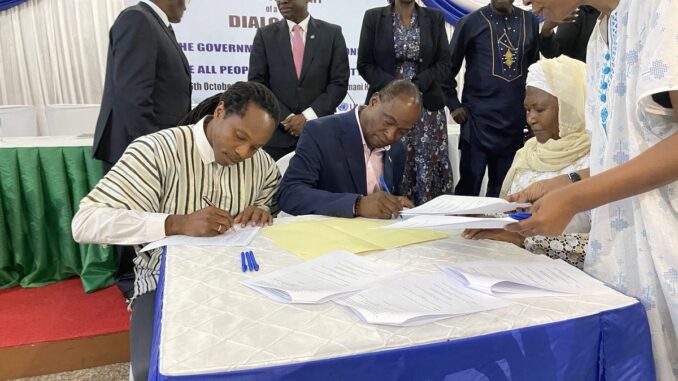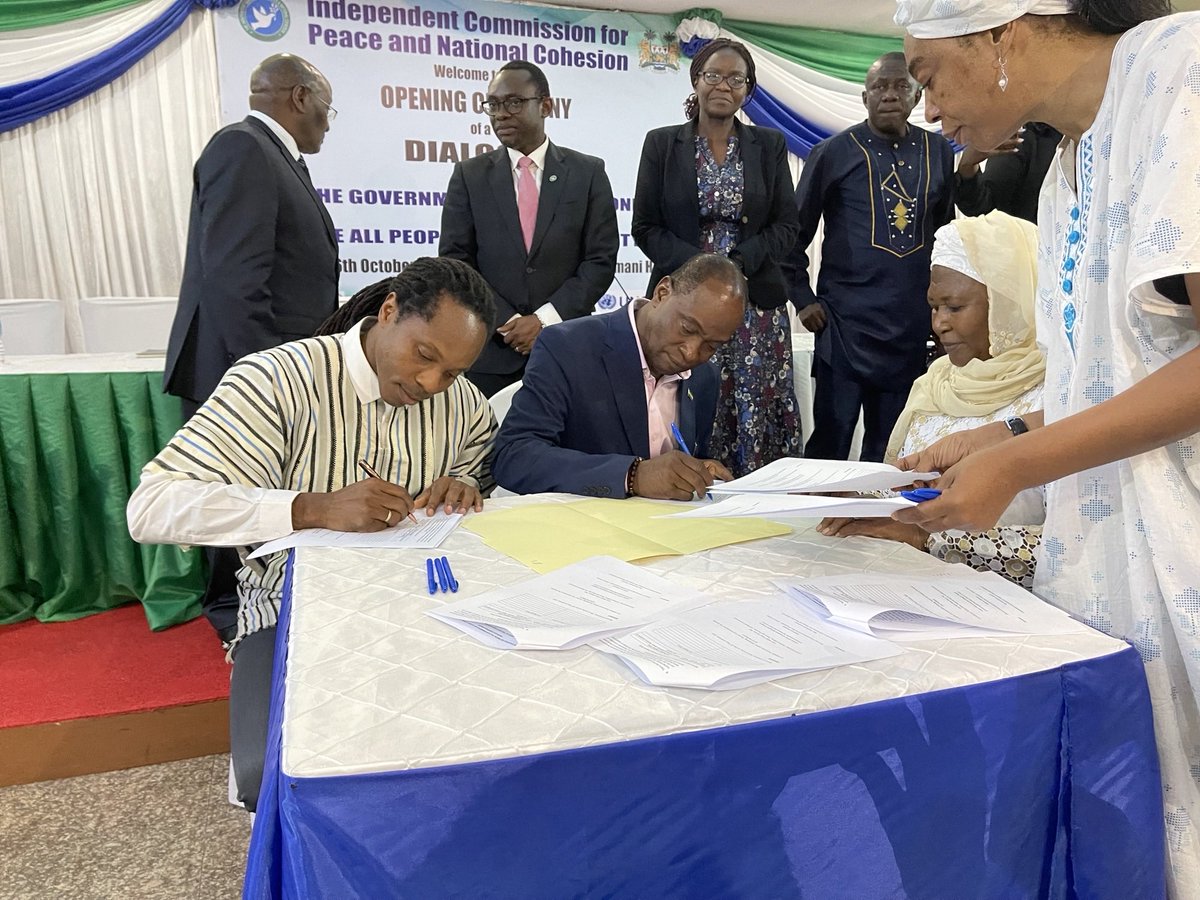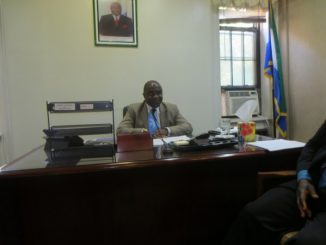
Advice to the Government of Sierra Leone and the International Communities Regarding the Tripartite Management of Information to Prevent Civil Unrest
By Aiah Emmanuel Gborie, Concerned Citizen
The effective management of information in Sierra Leone is critical for maintaining peace and preventing civil unrest. Several key issues must be addressed to ensure that information dissemination does not exacerbate existing tensions. Here is a detailed analysis of the major problems:
High Illiteracy Levels Among Citizens
The high illiteracy rate in Sierra Leone significantly impacts the population’s ability to access and understand information. Many citizens lack the educational foundation to critically analyze the information they receive, making them vulnerable to misinformation and propaganda. This can lead to widespread misunderstanding and manipulation, which can fuel unrest.
In a country where a large portion of the population cannot read or write, efforts to inform the public through traditional media can be ineffective, potentially leaving many people misinformed or uninformed about critical issues.
High Loyalty to Political Parties Over National Interest
A significant issue in Sierra Leone is the deep-rooted loyalty that many citizens have towards their political parties, often at the expense of national interest. This strong partisan allegiance can lead to a polarized society, where the dissemination of information is heavily influenced by political biases. Political parties may exploit this loyalty to spread information that supports their agenda, irrespective of the truth or the broader implications for national unity. This polarization can hinder efforts to achieve consensus on important national issues and can create an environment where misinformation thrives, increasing the risk of conflict.
Self-Interest of Political Leaders Over National Interest
The prioritization of personal or party interests by political leaders over national interests is a pervasive problem in Sierra Leone. This self-interest often leads to the manipulation of information to maintain power and control, undermining trust in leadership and governance. Political leaders may use state resources and media to disseminate information that serves their interests, rather than the public good. This behavior erodes public trust and can lead to disillusionment and frustration among citizens, contributing to social unrest.
Poor Judicial System in the Country
The weak judicial system in Sierra Leone undermines the rule of law and contributes to social instability. When citizens do not trust the judicial system to deliver fair and impartial justice, they may feel compelled to take the law into their own hands. This lack of trust can also make it difficult to resolve conflicts through legal means, exacerbating tensions and increasing the likelihood of violence. A compromised judiciary can be perceived as an instrument of political power, rather than an independent arbiter, further eroding public confidence in state institutions.
Building on Existing Peace
Since the end of the civil war, Sierra Leone has made significant progress in maintaining peace. However, this peace is fragile and must be nurtured. Efforts to build on existing peace can be undermined by the issues mentioned above, leading to the potential for renewed conflict.
The manipulation of information, coupled with high illiteracy rates, deep political loyalties, self-interested leadership, and a weak judiciary, creates a volatile environment where the hard-won peace can be easily disrupted. Ensuring that information management supports peacebuilding efforts is essential to prevent the recurrence of conflict.
Let’s come together in building a better and peaceful Sierra Leone for the betterment of all.
Aiah Emmanuel Gborie, Concerned Citizen





Leave a Reply